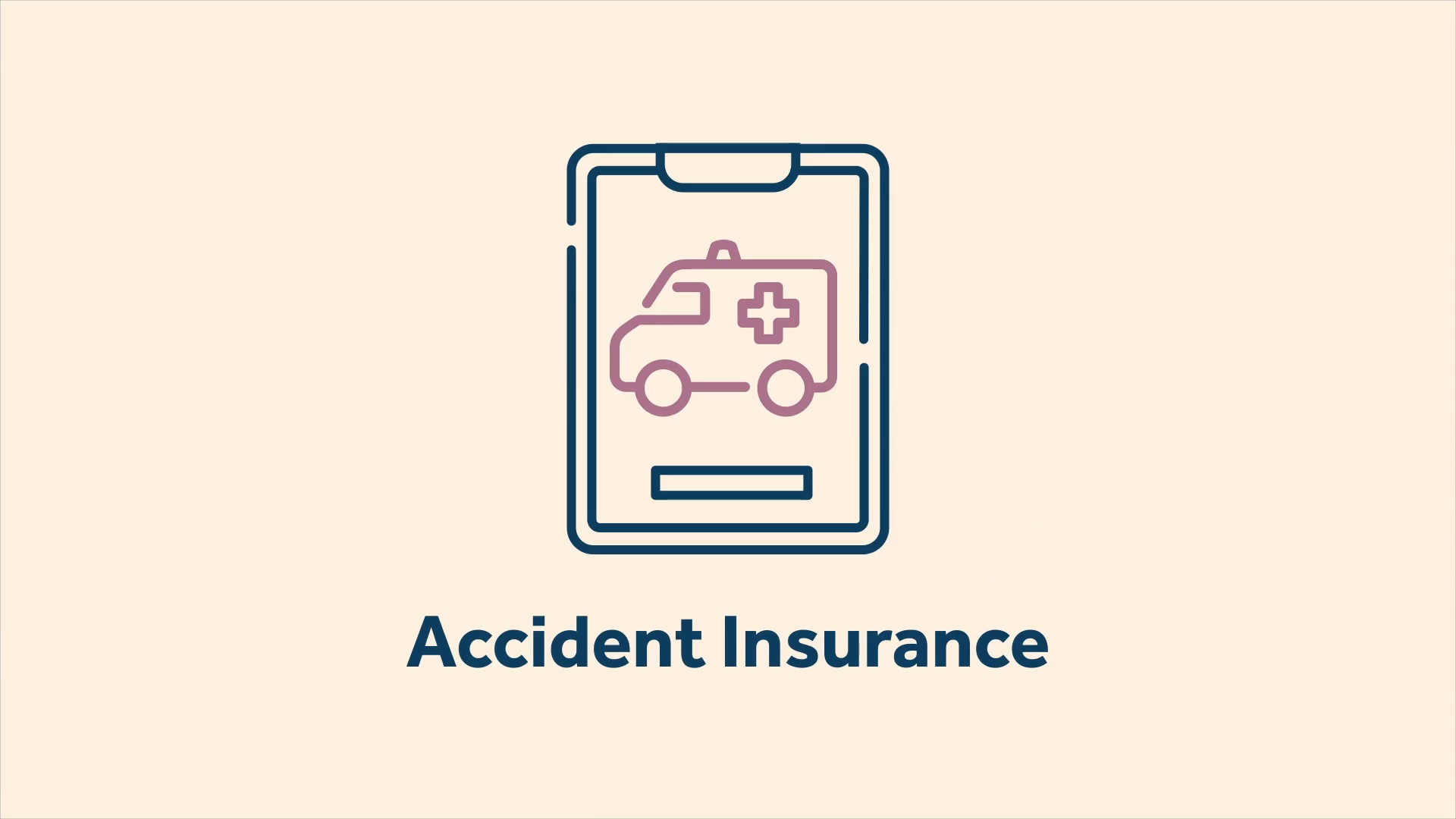Entire life and universal life insurance are both considered permanent policies. That suggests they're designed to last your entire life and won't expire after a certain amount of time as long as required premiums are paid. They both have the prospective to accumulate money worth in time that you might have the ability to borrow versus tax-free, for any reason. Due to the fact that of this function, premiums may be greater than term insurance. Whole life insurance policies have a set premium, indicating you pay the very same quantity each and every year for your coverage. Just like universal life insurance coverage, whole life has the potential to build up cash value over time, creating a quantity that you may be able to borrow versus.
Depending on your policy's potential cash worth, it might be used to avoid an exceptional payment, or be left alone with the prospective to build up value gradually. Possible growth in a universal life policy will differ based on the specifics of your private policy, as well as other elements. When you buy a policy, the providing insurance coverage company establishes a minimum interest crediting rate as laid out in your contract. Nevertheless, if the insurer's portfolio earns more than the minimum interest rate, the company may credit the excess interest to your policy. This is why universal life policies have the possible to make more than a whole life policy some years, while in others they can make less.

Here's how: Considering that there is a cash worth element, you might be able to avoid superior payments as long as the money value is enough to cover your needed expenditures for that month Some policies might enable you to increase or decrease the death benefit to match your particular scenarios ** In a lot of cases you might obtain against the money value that may have accumulated in the policy The interest that you may have earned in time accumulates tax-deferred Entire life policies use you a fixed level premium that will not increase, the possible to build up money value gradually, and a fixed death advantage for the life of the policy.
As a result, universal life insurance premiums are generally lower throughout durations of high interest rates than entire life insurance premiums, frequently for the exact same quantity of coverage. Another crucial difference would be how the interest is paid. While the interest paid on universal life insurance is often adjusted monthly, interest on an entire life insurance coverage policy is normally changed annually. This could suggest that during durations of rising rates of interest, universal life insurance coverage policy holders might see their cash worths increase at a rapid rate compared to those in whole life insurance policies. Some people might choose the set death benefit, level premiums, and the potential for development of an entire life policy.
Although whole and universal life policies have their own unique functions and benefits, they both concentrate on providing your liked ones with the cash they'll require when you pass away. By dealing with a certified life insurance coverage agent or company representative, you'll be able to pick the policy that finest fulfills your private needs, spending plan, and financial objectives. You can likewise get atotally free online term life quote now. * Offered required premium payments are timely made. ** Boosts might be subject to additional underwriting. WEB.1468 (How much is motorcycle insurance). 05.15.
How Why Is Health Insurance So Expensive can Save You Time, Stress, and Money.
You don't need to guess if you ought to register in a universal life policy since here you can find out everything about universal life insurance coverage advantages and disadvantages. It's like getting a sneak peek prior to you buy so you can choose if it's the right kind of life insurance for you. Read on to find out the ups and downs of how universal life premium payments, money worth, and death benefit works. Universal life is an adjustable type of irreversible life insurance that enables you to make changes to 2 main parts of the policy: the premium and the survivor benefit, which in turn impacts the policy's cash value.
Below are a few of the overall pros and cons of universal life insurance coverage. Pros Cons Designed to offer more versatility than whole life Does not have actually the ensured level premium that's available with whole life Cash worth grows at a variable rate of interest, which might yield higher returns Variable rates also mean that the interest on the money value could be low More chance to increase the policy's money worth A policy typically requires to have a favorable cash value to remain active One of the most appealing functions of universal life insurance coverage is the capability to select when and just how much premium you pay, as long as payments fulfill the minimum quantity required to keep the policy active and the IRS life insurance coverage standards on the maximum amount of excess premium payments you can make (What is life insurance).
But with this versatility likewise comes some disadvantages. Let's discuss universal life insurance advantages and disadvantages when it comes to altering how you pay premiums. Unlike other kinds of permanent life policies, universal life can adapt to fit your financial requirements when your capital is up or when your spending plan is tight. You can: Pay higher premiums more often than needed Pay less premiums less frequently and even skip payments Pay premiums out-of-pocket or use the cash worth to pay premiums Paying the minimum premium, less than the target premium, or avoiding payments will negatively impact the policy's cash value.
